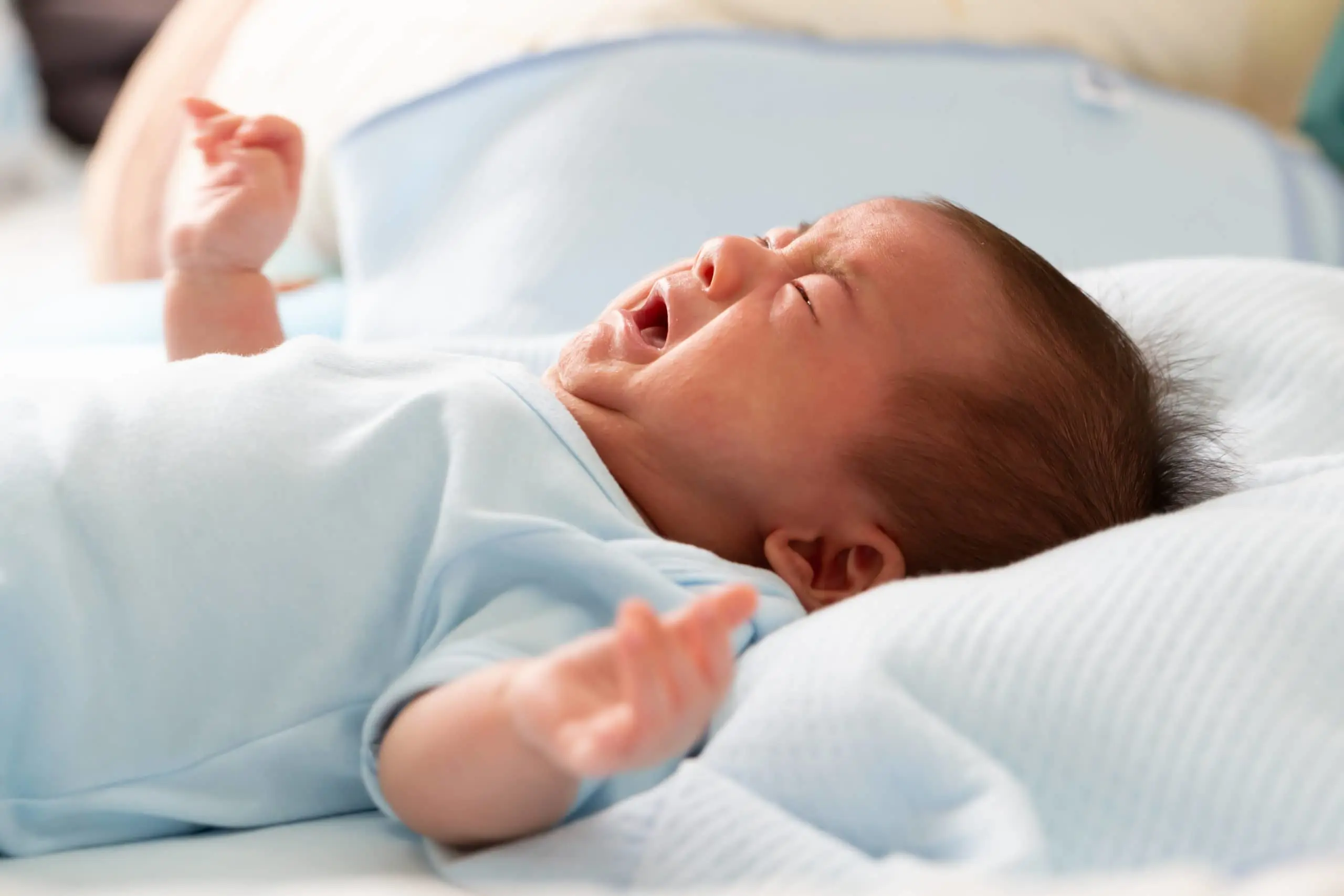Diarrhea is a common ailment, especially among babies and can affect any infant, no matter how healthy or active they are. This is especially true when it comes to babies that are being breastfed. As a breastfeeding mother, you want to know all that you can about the causes, symptoms and remedies to help your child cope with and overcome suffering from diarrhea.
What are the causes of baby diarrhea?
There are many different things that can cause diarrhea. Identifying the root cause is important to know in order to treat the illness as soon as possible. Some of the main factors and common causes that contribute to the onset of diarrhea are:
Allergies and Sensitivities
Over-consumption of fruit juice
Infections
Infections with a virus, bacteria, or parasites are usually picked up through contact with unclean food or water or when babies touch germy surfaces and put their hands in their mouth. If you notice any signs of infection, make sure you take your child to the doctor right away.
When should you call your doctor to seek treatment of baby diarrhea?
You should always consult with your baby’s doctor right away, even if your baby does not show any severe symptoms of diarrhea. Call your doctor if your child has diarrhea and is younger than 6 months old or if it lasts more than 3 days and happens multiple times a day. Other signs that mean you have to call a pediatrician are repeated vomiting, severe stomach pain, dehydration symptoms and diarrhea with blood in it.
Signs of dehydration include the baby’s inability to tear up when crying, sunken eyes, dry mouth, fewer wet diapers and dizziness. Remember that diarrhea can easily be a symptom for something more serious. Your baby's medical history needs to be reviewed in order to come up with the proper diagnosis for the illness.
How to prevent diarrhea in babies?
Prevention is always better than cure. There are plenty of simple steps you can take to prevent your child from ever having problems with diarrhea. Preparing food for children should always include washing hands, sterilizing utensils and cleaning surfaces on which the food is prepared and consumed. It is also necessary to separate raw meat, seafood, poultry and eggs from ready-to-eat foods when preparing food for your baby to avoid spreading bacteria that cause illness. Make sure that baby food is also cooked in suitable temperatures to kill germs and refrigerate food quickly to avoid food poisoning.
When should you give your baby fluids?
Whenever the baby suffers from diarrhea and starts passing stools more often than normal, make sure you start replenishing him with liquids immediately. If diarrhea lasts more than a few hours, it is essential to give your baby sufficient fluids to replenish your baby. If the baby is not receiving breastmilk or formula, offer a variety of fluids more frequently, in addition to the foods they normally eat.3 Also, get your baby medical attention if diarrhea lasts longer than a day or two to avoid complications like dehydration.
Preventing baby diarrhea:
Nutrition & Diet: Foods such as fruits and vegetables are great because of their high fibre content and hence tend to reduce diarrhea. By creating a well-balanced diet, you will make sure that your baby will have access to nutritious and healthy food, hence decreasing the risk of food poisoning and digestion related complications. Choose high-quality baby foods that contain the necessary vitamins, nutritions and minerals your baby needs.
Baby Hygiene: Diarrhea is something that can be prevented by encouraging good baby hygiene and hand washing techniques and by eating the right kinds of foods.
In conclusion:
Those are some of the things to know about baby diarrhea. Although it's an uncomfortable topic, it's one that really doesn't need to be brought up unless you have something to worry about. In most cases, when a baby experiences diarrhea, it is a result of a simple viral or bacterial infection that takes place in the digestive system. This is nothing to be concerned with. Just consult your doctor.
References:
Moms around the world trust JOHNSON’S® to care for their babies
We are committed to working with moms, healthcare experts, and scientists to ensure our products continue achieving the highest standards in safety, quality, and care.
